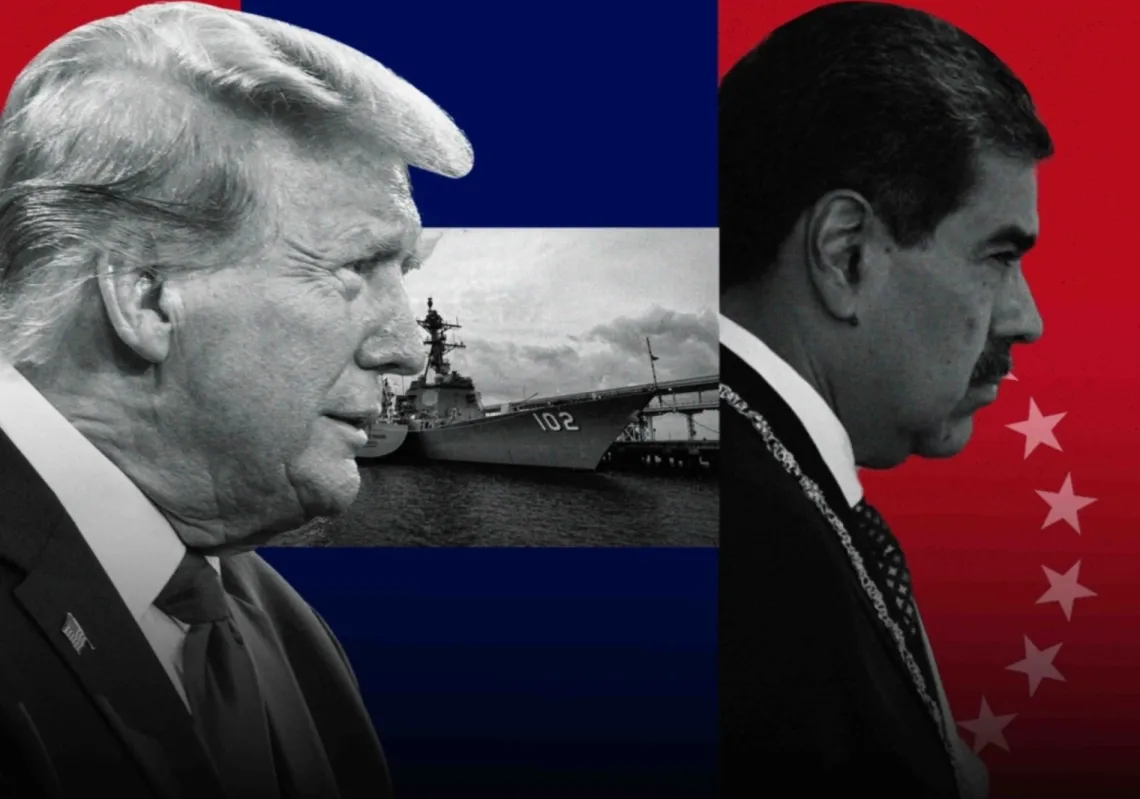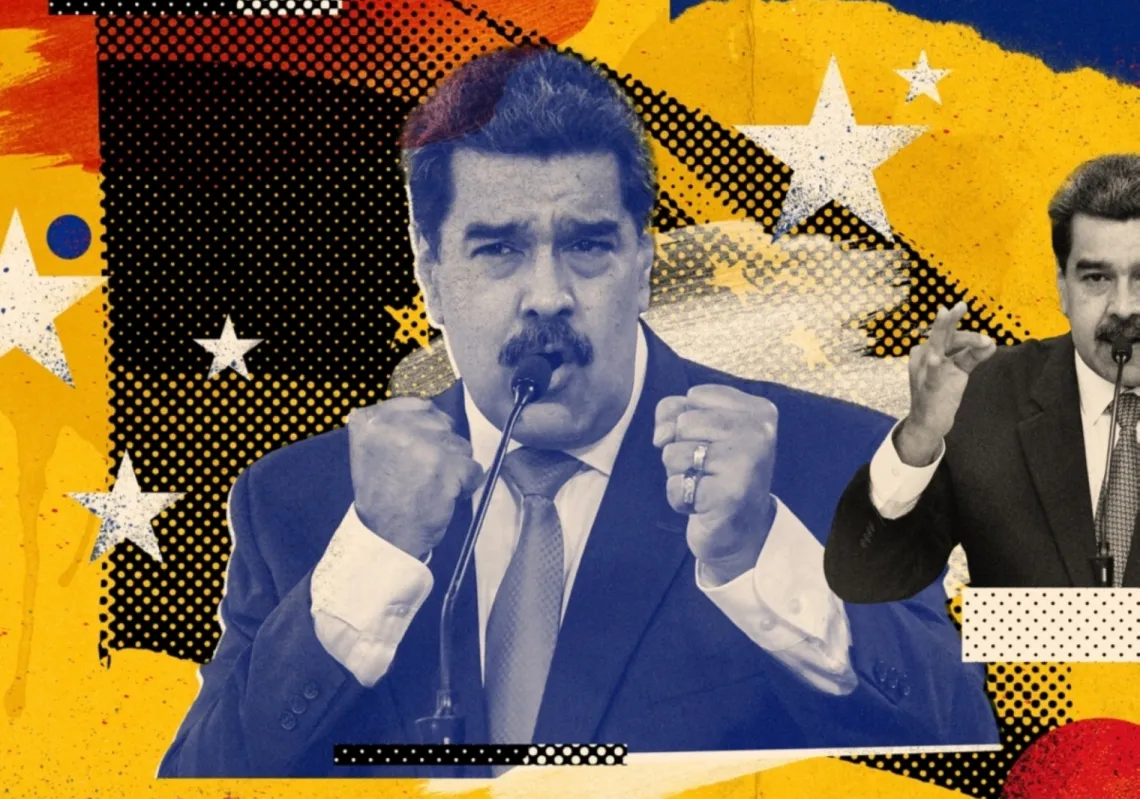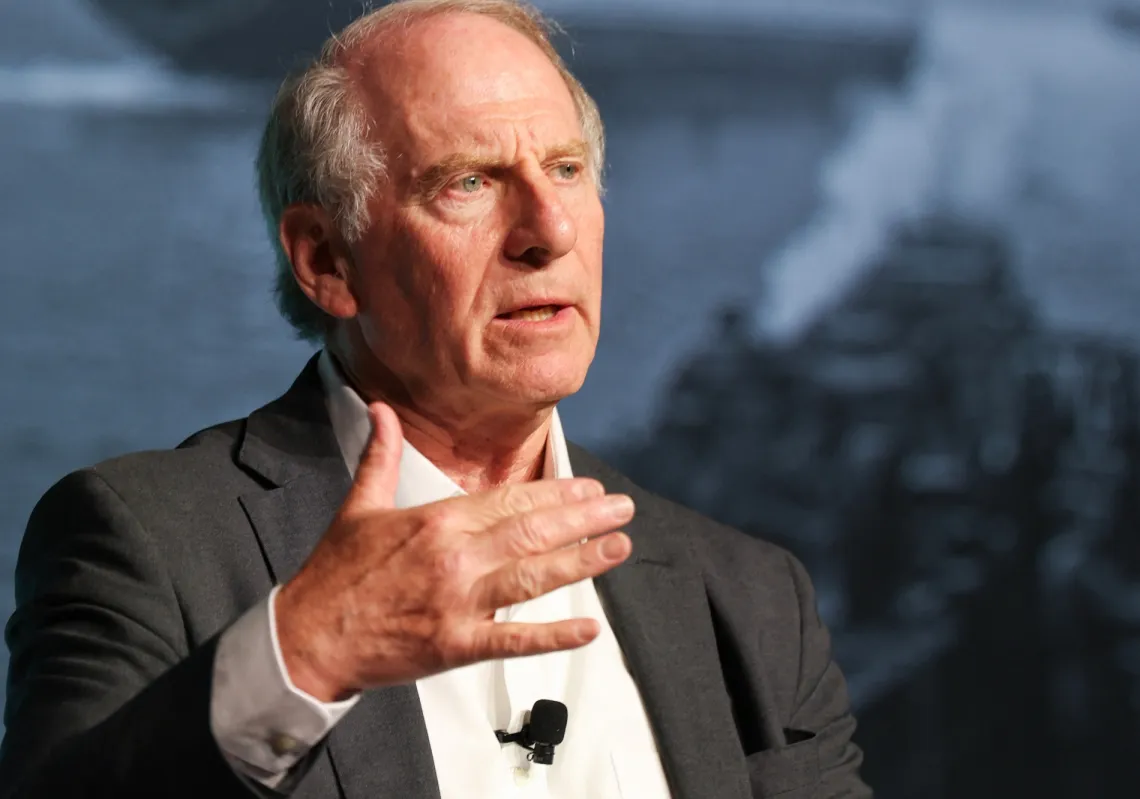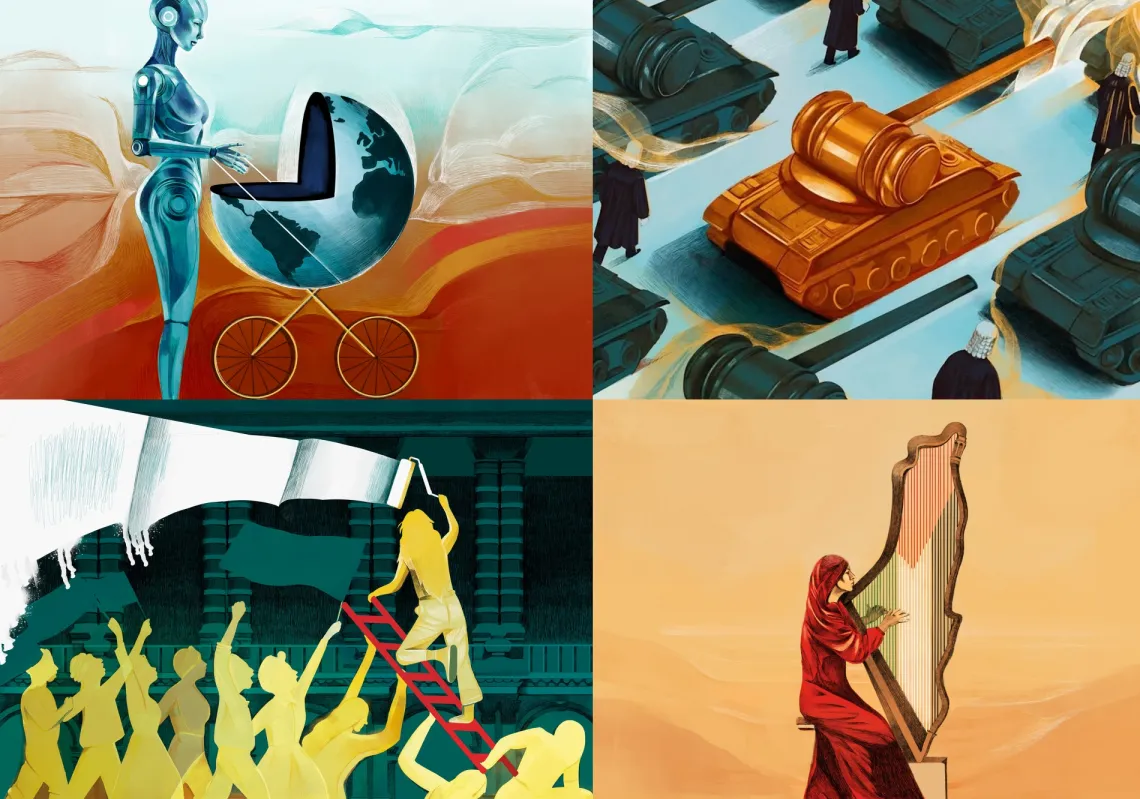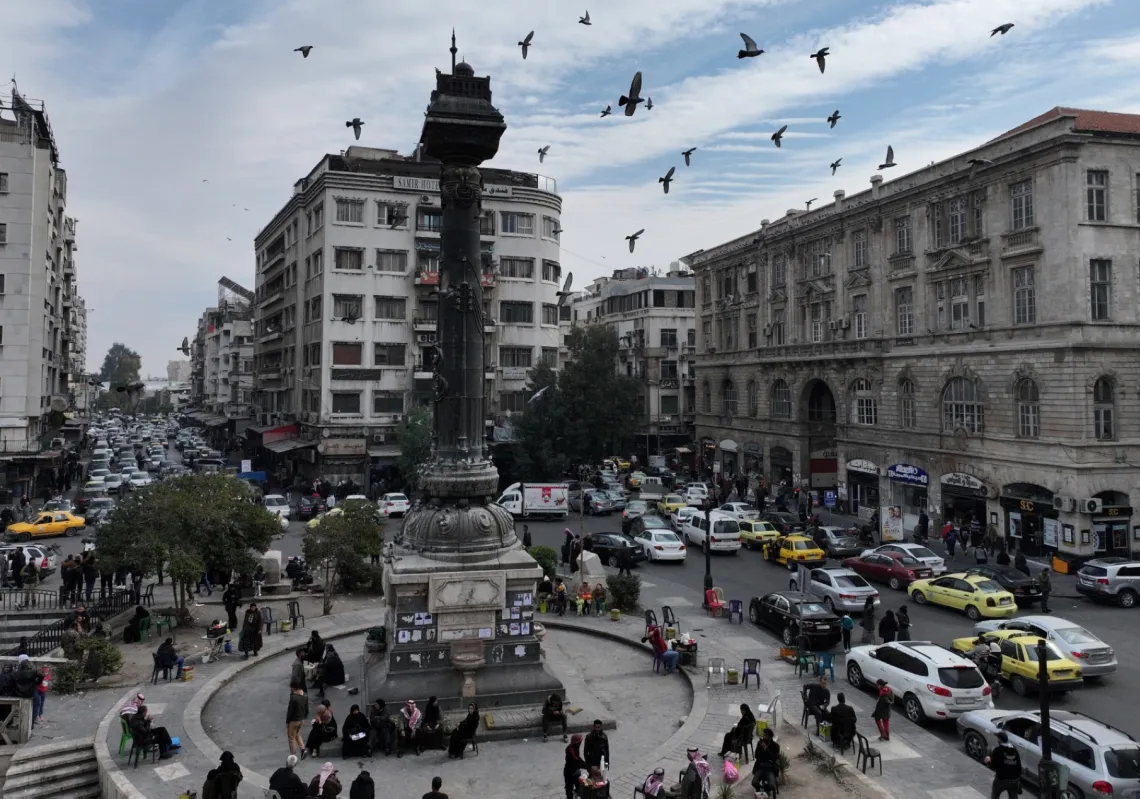 Still from 'the Other Son' (2012)[/caption]
Still from 'the Other Son' (2012)[/caption]
[inset_left]The Other Son
Year: 2012
Director: Lorraine Levy
Writers: Noam Fitoussi, Lorraine Levy,Nathalie Saugeon
Starring: Emmanuelle Devos, Pascal Elbé and Jules Sitruk
[/inset_left]
What happens if one learns that one’s child is actually Jewish-Israeli and you are a Muslim Palestinian mother and father? And if you learn that your child is actually Muslim-Palestinian and you are a Jewish-Israeli mother and father?
You love them. You love them just as much as you always loved them. You love them through the confusion and awkwardness and tortured emotions of knowing that they are not literally your biological child, but you have raised them since birth as your own.
The first twenty minutes or so of the film, ‘The Other Son’ feels stilted and contrived at times, too obviously the beginning of a moral parable, rather than the progression of an organic drama and a little too neat in how it sets the story.
But the film quickly builds momentum after some awkward scenes explaining how a Palestinian and Israeli baby were accidentally switched at birth at an Israeli hospital during missile attacks on Israel in the 1994 Gulf War towards dramatic authenticity and a psychologically astute and powerfully rendered humanism that is brave, empathic, and deeply challenging both to the protagonists of the film and to viewers.

The film is particularly sensitive and profound in exploring how individuals self-identify. It is philosophically and psychologically about more than the Palestinian-Israeli conflict, however, and therein lies much of its richness.
It examines our individual choices and how we calibrate our identities, what we choose to take and reject, how we choose to interpret who we are, how we contain or deny the diversity within us, our malleability, whether we are open to growth and change and personal choice and freedom or prefer rigid adherence to group identities that are sometimes pressured upon us, and our fears of acknowledging fluidity where settled and unchanging identities are socially prioritized and demanded and provide a measure of psychic security.
Film being a primarily visual medium, the movie reflects aspects of the conflict that are most visually dominant. The separation barrier and wall that divides Palestinian towns and often separates them from their lands and denies them freedom and mobility lends itself to cinema. So do the check points with their obvious restrictions on freedom and the inequalities in power they reflect and sustain. They need no narrative explanation.
The snaking monotony of the wall, obtrusiveness, and concrete brutalism across a natural landscape is more symbolically useful and potent in a film about division and conflict than depicting suicide bombings of buses and cafes, mass shootings, and rejection of a Jewish right to self-determination---these are harder to portray visually without undermining the film’s storyline and losing the plot’s focus.
[inset_left]No one can walk away from this film without having been challenged by it.[/inset_left]
Consequently, the film does a better job at communicating the Palestinian perspective and experience than the Israeli one. It also provides the Palestinian characters more opportunities to air these with forcefulness.
But a film must be viewed in its holistic effect and not as the mere sum of its parts, and this is not a film of didactic advocacy for one party to the conflict or another.
Even if it is tendentious at times, this does not undermine its far more potent, demanding, and radical message that the conflict is not one of simple rights and wrongs, where one party has a monopoly on morality and justice and victimhood. Rather, it is one in which both parties to the conflict contribute to its perpetuation and black and white, in both morality and identity, are replaced by nuanced shades of gray.
The film illustrates how conflict poisons human relations and takes on a destructive logic independent of but always contributing to the larger structural causes and context of conflict; how ideologies of hatred take on a life of their own and are stoked by a conflict’s protagonists.
What struck me most about the film was how utterly impossible it is for anyone, regardless of their identity and identification with one party to the conflict or another not to have their moral and emotional defenses deconstructed and laid bare by this film.It does not request that the viewer empathize and depend on his or her openness or generosity to do so, rather, it forces the imaginative act of empathy through the storyline of babies switched at birth.
It does so with grace, eloquence, and respect for its characters, their complex emotions and interior lives, and the tensions between individual and society as they grapple with imagining themselves as the other, realizing that they indeed each are ‘the other.’ The storytelling is at once particular and universal, and resonates in many contexts and conflicts outside the Middle East.
The film forces a private confrontation within the viewer, a searching of the conscience, and potential realization of one’s own individual fears, smallness of spirit, and tendencies to look away from the suffering and humanity of those who are like us by virtue of their humanity, but against whom we have sealed ourselves off.
This confrontation for the characters in the film as well is an aching, difficult, but ultimately humanizing act of liberation from the narrowness of collective ego and chauvinism, the prejudices and misunderstandings they nurse and sustain, and the ugly dogmatism and blinding self-righteousness they feed. No one can walk away from this film without having been challenged by it.
No matter how tolerant and progressive one is, or confidently close minded, passionately identifying with Palestinians or with Israelis, this film will challenge you and push your boundaries beyond your comfort zone asking you to imagine a radical redefinition of identity. This film goes deeper than almost any other film about the Palestinian-Israeli conflict to a primal place that is often ignored.
[inset_right]It should be watched widely by Israelis and Palestinians, by their friends and supporters and detractors[/inset_right]
Empathy is the prerequisite for ethics, and for appreciating the perspectives and experiences of those to whom we habitually harden our hearts. This is a bold, necessary, film that is well acted and sincere without pleading and resorting to well intentioned but often useless demands for tolerance. It should be watched widely by Israelis and Palestinians, by their friends and supporters and detractors, and by all who feel rooted in their allegiances and identities whatever the situation of conflict and wherever.
Precisely when we realize that we can free ourselves to respect the individuality of people who we relentlessly reduce to abstract members of nations or groups to which we feel hostility---and by which we feel threatened---we best become able to actualize our fullest human potential and to cross boundaries of separation, fear, and animosity, real and imagined. Aside from a few moments of sentimentality little in the film makes this process feel easy or swiftly rewarding. On the contrary, the film shows how exceedingly difficult it is to reach out in this way.
But it also shows how humility, tenderness, and generosity make it possible and provide air to breathe when group identities push back against such efforts and seek to restrain---often aggressively---those who try to cross beyond the confines of their own identity and reality and to reach out to distant others.
We see this most naturally in the friendship that develops between the two boys, Joseph (born Palestinian, raised as an Israeli) and Yacine (born Israeli, raised as a Palestinian) who learn that they were switched at birth and who now face a dramatic shift in their own identities in that each now have a double consciousness as simultaneously Palestinian and Israeli, Jewish and Muslim---even as they largely choose to prioritize nurture over nature, rejecting biological determinism for the identity that they have cultivated by being raised by their families in a particular communal and religious context.
Each boy faces challenges to this, however, with either family members questioning their loyalty and ethnic background or friends and community members and work colleagues doubting their integrity. Joseph struggles to reconcile his Jewish identity with the fact that his rabbi asks him to convert, because his birth mother is in fact Muslim, not Jewish.
This causes Joseph great pain, because it seems like an absurd technicality. Circumcised a eight days, raised in a Jewish home, thoroughly identifying as a Jew---suddenly his life world is shattered as he realizes he needs to undergo a formal procedure of conversion to reflect what has always been his identity in heart and mind.
Despite facing very real confusion and pain as a result of these types of challenges, the boys are better able to deal with the discovery of their multiple identities without succumbing to intolerance and rejectionism than some members of their families and their friends---many of whom go through a complex mixture of denial, anger, hostility, and eventually acceptance---however ambivalent and incomplete, while some, particularly the boys’ mothers and Joseph’s little sister are more open and accepting.
The very fact that it takes such an extreme and unusual occasion---the switching of babies at birth in a hospital---to prompt this searching exploration of crossing the boundaries of identity indicates that absent a major precipitating factor that forces us to empathize radically we are loathe to do so and prefer to stay constrained by our narrow identities.
And yet, just by watching the film something potentially cracks in the viewer and lets in some light and possibility that even without such a dramatic event we can nevertheless choose to step outside of ourselves and meet the other.
And still, always find a way back to ourselves and to our home and lose nothing in the process save for the closedness and hardness of our all too human natures.



